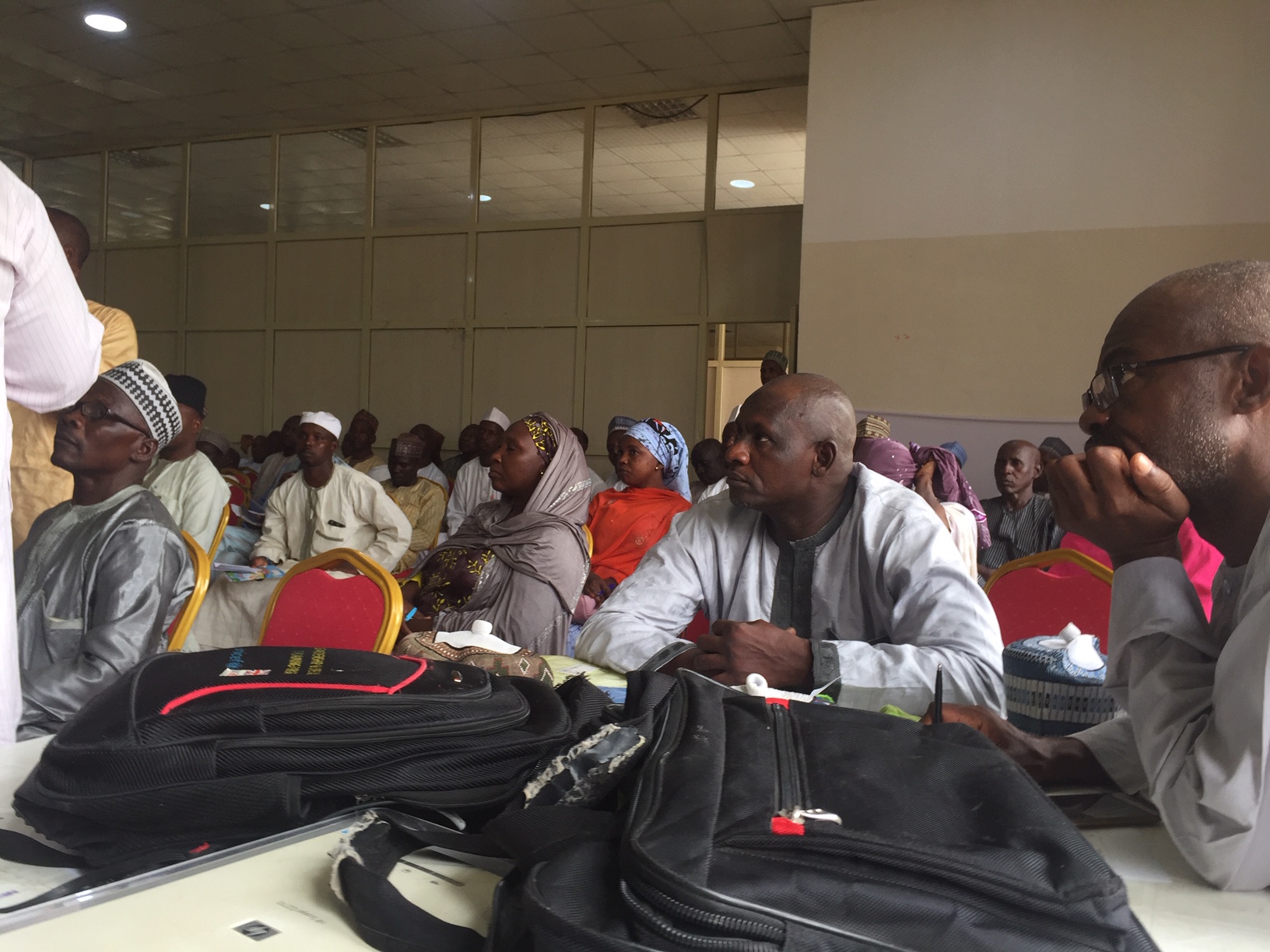GPE-NIPEP sensitizes Kano social mobilization officers on child safety, protection
The Kano State Ministry of Education via World Bank’s five-year Global Partnership for Education-Nigeria Partnership for Education Project (GPE-NIPEP) on Sunday hosted a sensitization training for respective Social Mobilisation Officers (SMOs) of the forty four Local Government Areas of the state on child safety and protection, aimed at addressing barriers to school attendance by children.

The state-level training of the trainer (TOT) for SMOs was part of component 2C (SBMC Training and Community Mobilisation) of GPE-NIPEP; it will be followed by a step-down training for 3960 selected School-Based Management Committee (SBMC) members across 220 clusters spread around the 44 LGAs of the state, which will be held June 23-26, 2019.
“We have achieved gender parity in school enrollment in Kano. Now, the challenge is ensuring the children remain in school hence the training of SMOs on child safety and protection, who will step it down to SBMCs at cluster level. The idea is to create a safe space; many things are happening on the road to and from school. SBMCs are part of the community and also involved in the governance of the schools,” said Amina Umar, project secretary of the GPE-NIPEP in Kano state and director in charge of social mobilization at the Kano State Universal Basic Education Board (SUBEB).
She said the training was meant to equip the SMOs with the necessary tips for ensuring children going to school were safe and protected, covering what parents needed to do at home; what teachers needed to do at school as well as the role of members of the SBMCs in the principle of education for all as a responsibility for all. “The SBMCs need to take ownership of the schools since the children are theirs. The school is owned by the community – and not the government. If the school produces children with quality education it is going to be to the community’s benefit,” she admonished.
Tijjani Baraya, the chairman of the coalition of Kano State SBMCs said children across schools in the state were facing challenges such as lack of fencing and toilet facilities; being verbally maltreated and spanked by teachers as well as being sexually harassed on the way to and from school which dissuade them from going to school.
“Child abuse happens in schools due to lack of proper fencing, parents prevent their daughters from going to school if there are no toilet facilities. The role of the SBMCs is to advocate for the provision of these facilities and also advocate against maltreatment and sexual harassment. Members of the SBMCs will be empowered by the training since they will now understand they have a stake in the safety of their children,” said Baraya.
The World Bank’s 2015-2019 Global Partnership for Education-Nigeria Partnership for Education Project (GPE-NIPEP) is focused on improving access and quality of basic education with particular attention to girls’ inclusion across 5 northern Nigerian states: Kaduna, Kano, Katsina, Jigawa and Sokoto.









